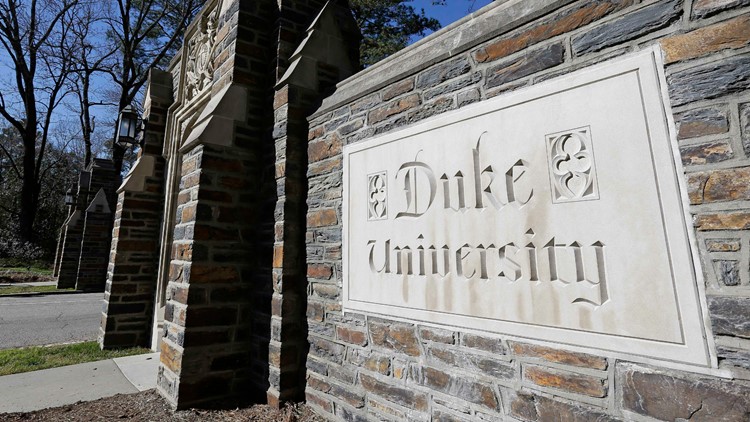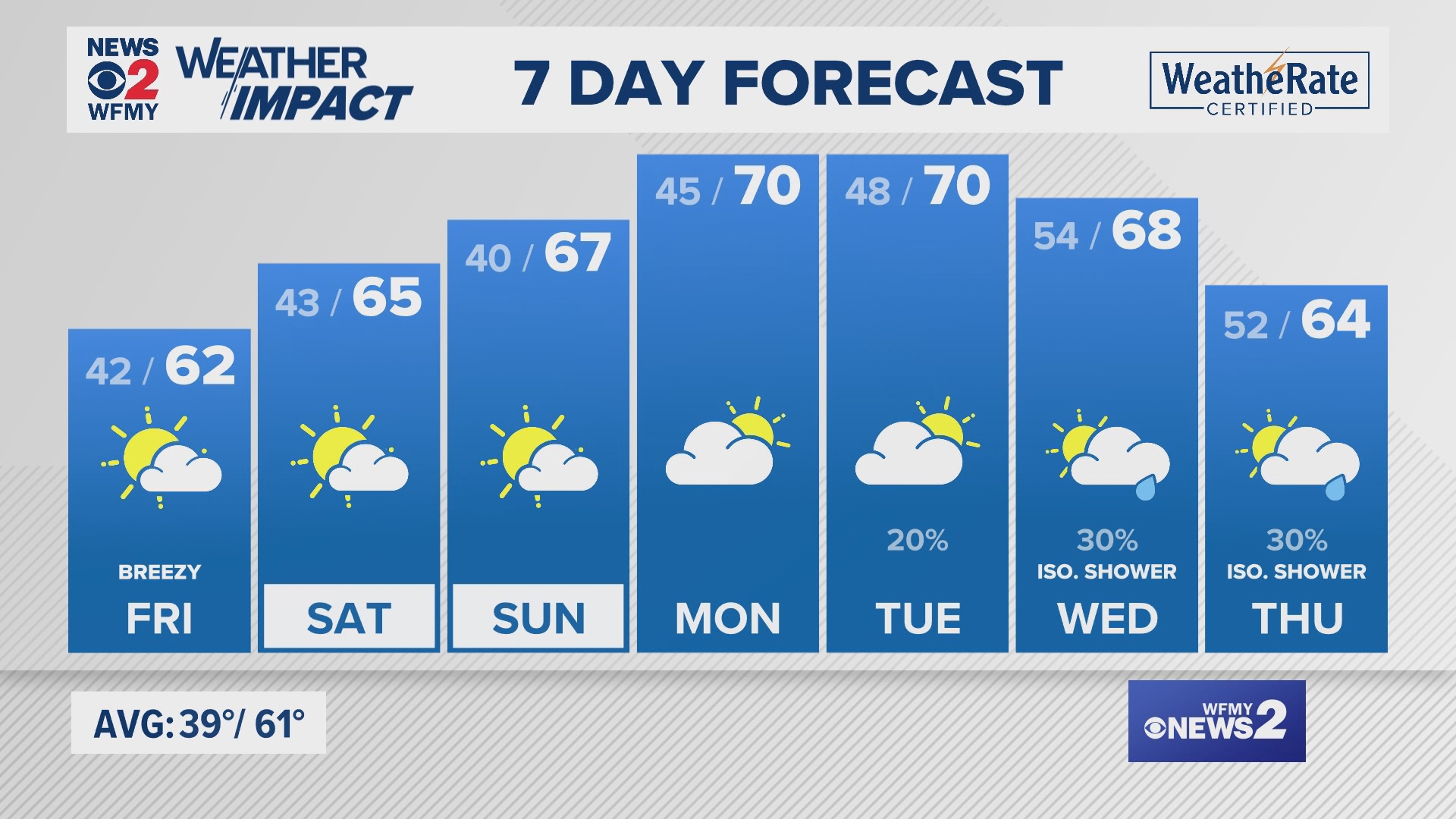DURHAM, N.C. — Duke University announced it’s making changes to the start of its spring semester due to the rapid spread of the omicron variant of COVID-19.
University officials said all undergraduate and graduate/professional classes will be held remotely from Jan. 5-8. In-person instruction for undergraduates and most graduate and professional school programs is expected to resume on Monday, January 10. Students in certain graduate programs that operate on a different calendar will receive guidance from their schools.
University officials also outlined the other requirements for students below.
All students enrolled at Duke for the Spring 2022 semester must:
Be prepared to submit proof that they have received a COVID booster shot before the end of January, or as soon thereafter as they are eligible according to CDC guidelines.
Attest that they have received a negative COVID test within 48 hours prior to returning to campus. Only PCR tests administered by a certified provider are acceptable; self-administered rapid/antigen tests will not be accepted. Students will receive attestation instructions via email. Students who test positive should not return to campus until their isolation period is completed.
Take an entry (surveillance) test administered by Duke as directed after returning to campus.
Sequester in their on- or off-campus residence until they receive notification via email that their sequester can end. According to CDC and state public health guidelines, individuals who receive a positive result in surveillance testing must isolate for 10 days before they can attend classes.
The Duke and Durham County requirements for indoor masking in all classrooms and public spaces remain in effect until further notice.
It is important to remember that, when it comes to COVID, we are still responding to circumstances beyond our control, so all of these plans are subject to change on short notice. What we can control are the tools and knowledge that we have gained over the past two years. Vaccines, booster shots, testing and masking have proved to be critical to ensuring both safety and the continuity of the Duke experience.



